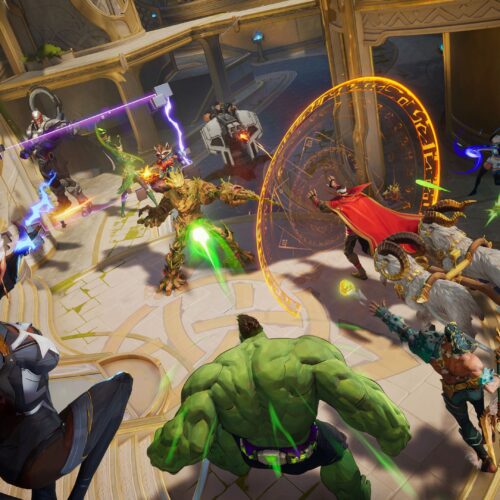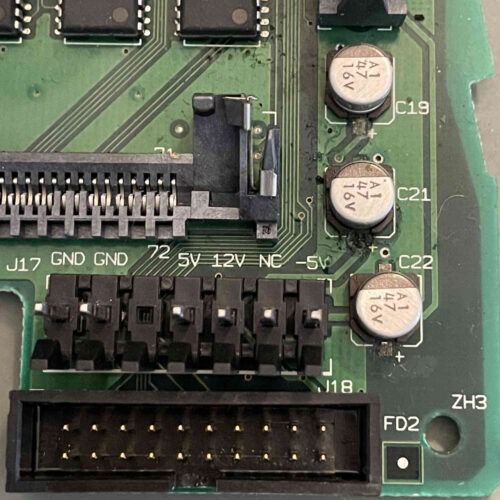Marvel Rivals lifts 100-year “cheating” bans on Mac and Steam Deck players
With Valve's impressive work on the Proton tool for Linux and the Mac's Game Porting Toolkit and CrossOver options, few games are truly "Windows only" these days. The exceptions are those with aggressive, Windows-based anti-cheating tools baked in, something that hit back hard against players eager to dive into a new superhero shooter.
Marvel Rivals, an Overwatch-ish free-to-play hero shooter released in early December 2024, has all the typical big online game elements: an in-game shop with skins and customizations, battle passes, and anti-cheating tech. While Proton, which powers the Linux-based Steam Deck's ability to play just about any Windows game, has come very far in a few years' time, its biggest blind spots are these kinds of online-only games, like Grand Theft Auto Online, Fortnite, Destiny 2, Apex Legends, and the like. The same goes for Mac players, who, if they can work past DirectX 12, can often get a Windows game working in CrossOver or Parallels, minus any anti-cheat tools.
Is there harm in trying? For a while, there was 100 years' worth. As detailed in the r/macgaming subreddit and at r/SteamDeck, many players who successfully got Marvel Rivals working would receive a "Penalty Issued" notice, with a violation "detected" and bans issued until 2124. Should such a ban stand, players risked entirely missing the much-prophesied Year of the Linux Desktop or Mainstream Mac Gaming, almost certain to happen at some point in that span.


© NetEase


:max_bytes(150000):strip_icc():format(jpeg)/Christine-McVie-and-Stevie-Nicks-of-Fleetwood-Mac-attend-MusiCares-Person-tout-120624-b1996653c5ae4f2ba7efe46d8d2a736c.jpg)

:max_bytes(150000):strip_icc():format(jpeg)/Fleetwood-Mac-doc-apple-111924-854886b453854a53bf816cb7e94059c1.jpg)